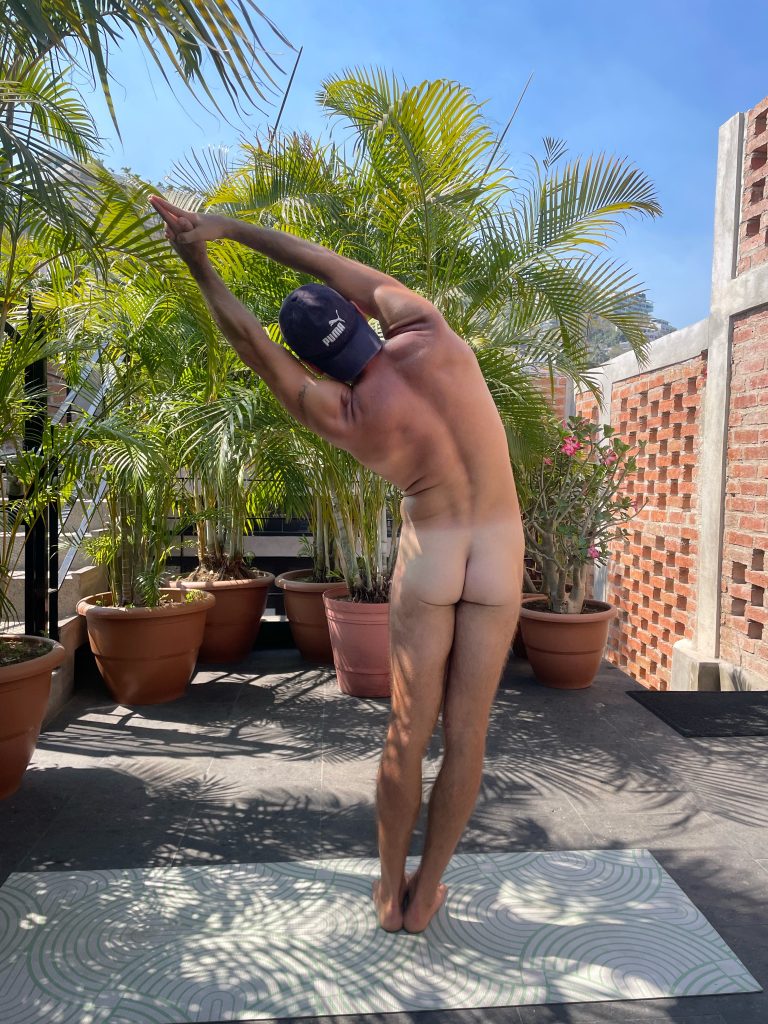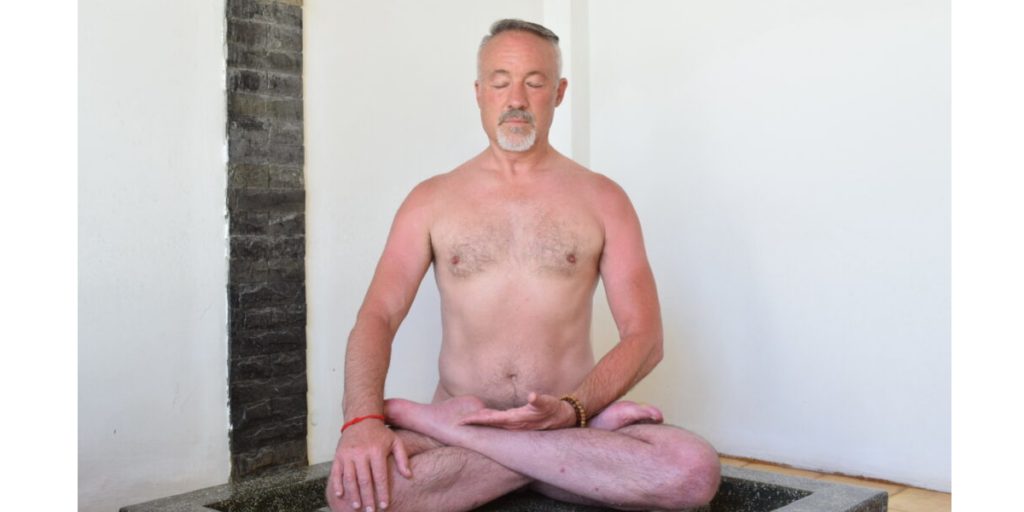Scheduling for Habits

How to create habits?
Wanting to do something and doing it are often two different systems. Although you may need to be creative and come up with ideas first of how you want to improve your life, what is the actual process that will make you success?
First, consistency is key.
Repeatedly doing things in the same form removes some of the cognitive stress of having to think so attentively to the behavior. Also, the pulling desires or procrastination that may arise from doing behaviors that are less enjoyable than others, may start to abate. At first, you will want to pay absolute attention to the behavior you are trying to develop. This is where meditation comes in.
Meditation is the practice of focusing your attention. By applying the practice from the seated posit into your daily lifestyle, you can begin to develop habits at a stronger pace. Focusing on the breath to center oneself, then transfer that focus to the habitual behavior you are trying to develop. The Nike slogan, ‘Just Do It’, is not a cliche, but quite poignant. Its referring to focusing on doing the behavior rather than thinking about it. Meditation guides you to the understanding that you can focus your attenuation away from being wrapped up in thought, and instead onto the task at hand. It’s not about ignoring thought; it’s about witnessing thought as it occurs and being nonattached to its condition.
So mediation is behaviour that will help with you starting to develop positive habits. What are some others?
Scheduling.
This may be tough for some people who prefer to go about their day with a lot of free time, and in that case, I recommend, schedule free time! For example, use an electronic or online daily calendar or hard copy day planner. Write down all the tasks that you need to accomplish in the day, i.e.: getting ready, work, meal prep. And then include the habits you are trying to create, i.e.: meditating in the morning, going to the gym, reading. When you schedule, be flexible in the sense that if you are in the middle of a task, you may not necessarily need to drop it and move over to the next task. If you’re moving a few minutes late into a task or starting a task a few minutes early, be comfortable with this flexibility. If you are unable to accomplish your habit-forming task because something got in the way, allow yourself to feel the emotional response to that and use meditation to re-focus yourself for the next day. Getting too wound up about it will cause undue stress. That may cause you to start associating the positive habit with stress. That’s definitely not ideal!
If you’re finding you cannot get to the behaviors you are trying to develop habits for because your day is getting in the way, schedule your habits before your day starts. Yes, I recognize this may cause you to have to get cup earlier, and thereby cause you to go to sleep earlier. Getting a proper sleep or going to sleep at a reasonable hour may be some of the habits you are trying to create.
To get to sleep at an earlier hour, and to fall asleep quicker, turn off your electronics an hour before bed and read. If you do not like reading, here’s an opportune time to develop that habit. And read anything that is not anxiety causing or too intellectually stimulating. Work reports may be useful, but here are some other ideas: dictionary (learn some new words), easy fiction, or philosophy (almost guaranteed to knock you out). Some easy type of puzzle games may also be beneficial, such as: Suduko or an actual hard copy puzzle. Journalling, drawing or painting, or some light stretching may also help you to relax and thereby prepare tour self to sleep. Baths, meditation, listening to sleep inducing music also contribute to the overall bedtime routine. If you have insomnia, continue with other bedtime routine tasks, repeat tasks, if necessary, until you can fall asleep.
So, to summarize be consistent.
Do the habit you are trying to form daily until it does not cause any anxiety thinking about performing it, or you are able to do it and realize, you had not been thinking about doing it. If you are having trouble doing the habit, use mediation to focus your attention on the present moment rather than being in your head. Schedule enough time in the day to do the habits you want to focus on. Be flexible in the minutes, but solid on the calendar. If there are circumstances that keep getting in the way, edit your schedule and re-evaluate the timing and placement of the behavior, and look at reasons why the other tasks are interfering with it. And if you love your free time, schedule it!





